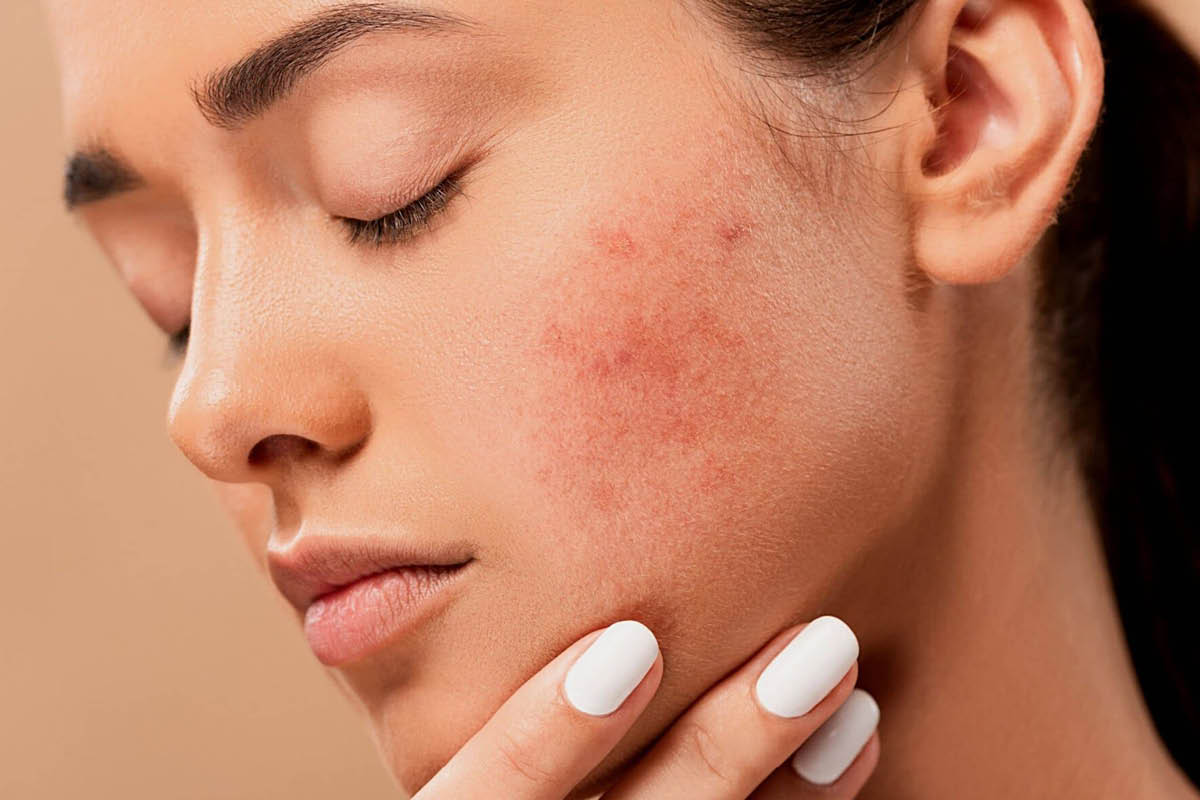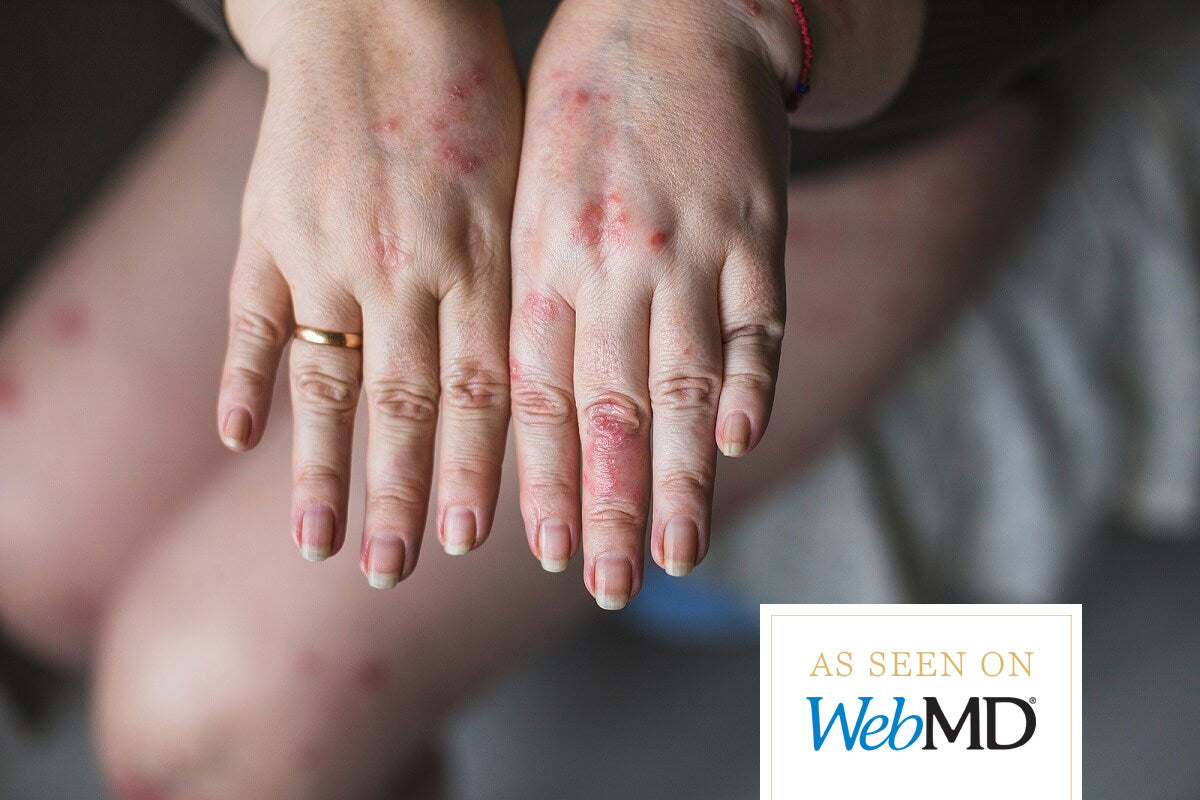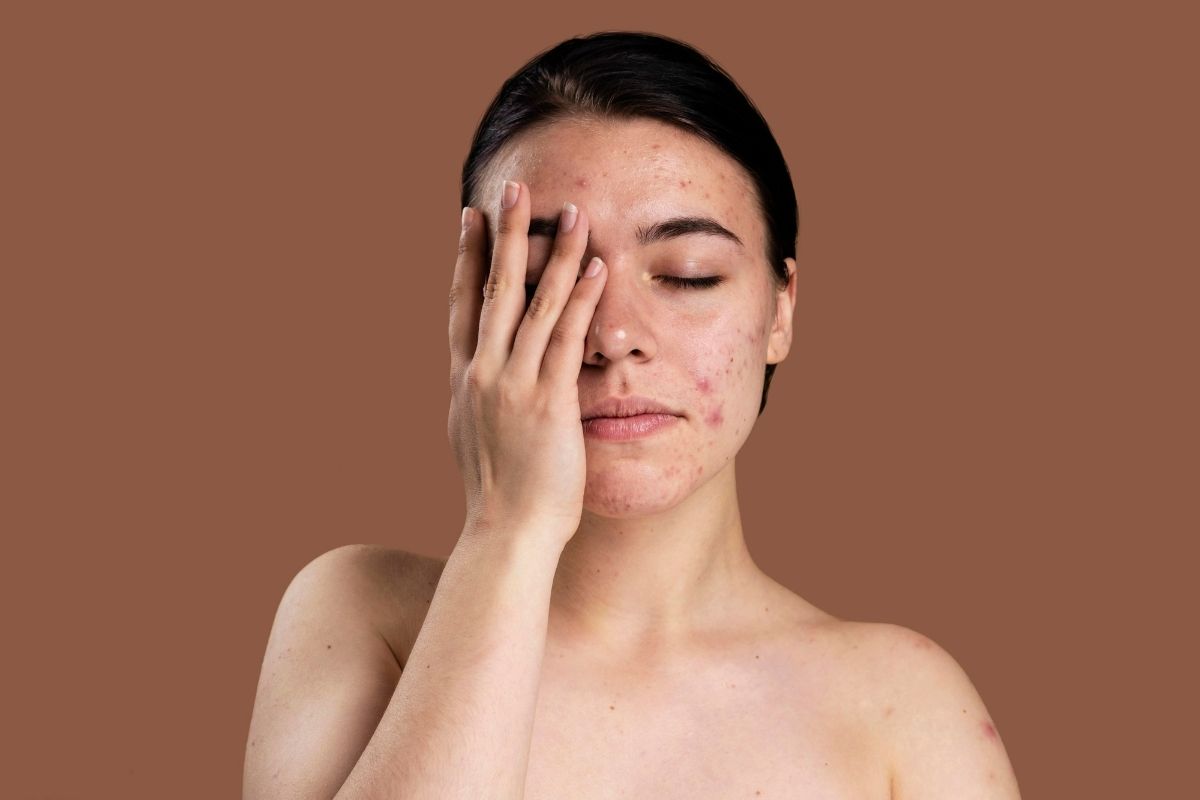In my opinion, Summer is the best time of year, although this is a sentiment not shared by many.
Summer often leads to sleepless nights, constant perspiration and lethargy. For many with skin conditions, it can be a time where skin irritations worsen causing more embarrassment and shame.
Personally, I remember Summer as a great time of year, but there was one particular year that for some reason (I can’t remember why), my skin was very hot and irritated with the Summer heat. I would have cold showers and sit in front of the air con with very little relief.
So for this reason, I wanted to share some insights into the amount of sun exposure that will benefit the skin and how to deal with those unbearable days where you can’t seem to escape the heat.
The Length of Sun Exposure.
Whether you are trying to manage a skin condition, such as acne, eczema or psoriasis or you want your skin to be healthy, sun exposure should only be limited to 10-15 minutes per day. This may sound extremely minimal but skin lesions will burn much faster than normal skin and normal skin will ageing dramatically with excessive amounts of sun exposure. In fact, if you stay longer, psoriatic lesions will burn, eczema will overheat and acne will exacerbate. So once the skin burn heals you will subsequently need to address the flare up of the skin.
When you are enjoying the beautiful weather at the beach obviously you aren’t going to stay for 10-15 minutes. For anyone will any skin conditions or arthritic pain, the medicinal benefits for the sea water is remarkable.
So in this instance I would encourage at least 45 minutes in the water to allow the sea’s nutrients and minerals to enter your skin and body.
Important Note: Keep face, shoulders, neck covered with a wide brimmed hat to avoid sun burn and choose to go before 11am or after 5pm when the sun’s rays are less harsh on the skin.
Sun Screen and Skin Irritations. Sensitive skin and skin conditions result in a damaged skin barrier. This will allow anything applied topically to be absorbed in much greater amounts straight into the blood stream.
Personally, I have avoided sunscreens purely from being concerned the psoriasis I had would exacerbate after applying it over my skin. For this reason, I am very cautious about what I use and I have yet to find a sunscreen I feel comfortable to use. My approach is wearing large hats to cover my face, sunglasses that wrap around to cover the sides on my eyes and long dresses to avoid excessive sun exposure. This is a personal decision but being aware of what you put on your skin at all times is paramount.
Overheating during Summer Heatwaves
There’s no denying it feels warmer every year and managing the heat when your body already feels like its burning up is a challenge many people with skin conditions experience. The reason for this is that inflammatory skin conditions result from inflammation in the skin. The inflammation doesn’t just sit in the skin but in fact makes the entire body feel hot and irritated. Cooling the body from the inside out is truly the best approach to managing heatwave.
Enjoying an anti-inflammatory diet, avoiding inflammatory foods (alcohol, spicy hot food, sugar, gluten, dairy and greasy fatty meats), drinking 2-3 litres of filtered water and enjoying cooling herbal teas such as dandelion and peppermint teas.
Summer is an essential time of year in Mother Nature and so it is for our body as well. Each season brings with it many benefits to our health and wellbeing.
At times our health may be struggling so these seasonal changes can have more of a detrimental effect on the way we feel than a positive one. The important thing is to look at what is happening within and find effective ways to improve upon it and enjoy the season for what it is; a time to enjoy the outdoors, eat lighter, feel invigorated and bath in the benefits of the sun, for a short period of time.





